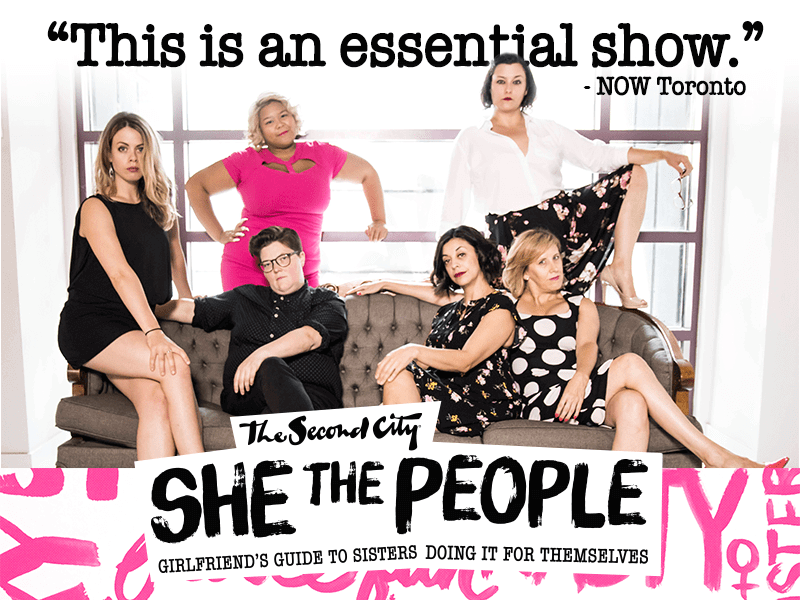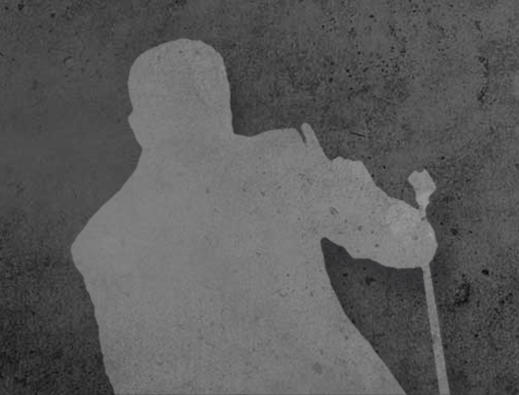How to Stand-up Comedy Contest
By Paul Ash
Ask Ash: What’s the best way to run a comedy contest that everyone will agree is fair and balanced?
Quick Answer: It’s impossible.
Now for the long answer… (Part I of II)
A lot of performers hate comedy contests; “they’re unfair”, “they’re rigged”, “it’s a popularity contest”, “they’re judged by people who know nothing about the craft of comedy”, “it’s an artistic medium, so personal taste is being judged – not skill”, “the zombies are attacking”, “I never win”… many many complaints.
It’s good to recognize comedy contests for what most of them are; publicity opportunities. Most contests can be divided into two types: regular advancement ritual, or one-off awareness event. Both of these types of contests are attempting to raise awareness of not only their brand (club, festival or charity) but also for the performers involved.
Many working pros today list amoung their credits appearances at Seattle International Comedy Competition, The Great Canadian Laugh Off, San Francisco Comedy Competition, Just For Laughs Homegrown Competition and Last Comic Standing – it’s a way to elevate and legitimize your work. These major contests draw press as well as industry scouts and usually have someone to manage press interactions, arrange interviews and make sure that information is going out – not only to advertise their event but to help promote those performing (and doing well).
Regular advancement rituals usually (but not always) are limited to local comedy clubs, and open mics. Generally, new comics (or long time open miccers) are given the chance to strut their stuff in an effort to move up to guest spots, pro gigs, weekend work and a small bit of cash. Yuk Yuks’ Great Canadian Laugh Off final week is open to international acts but the contest runs months prior in their clubs around the country with finalists from various cities coming together to compete in the semi-finals and a chance to make it onto the finale ‘winner take all’ show. Winners are presented with a contract, cash and a chance to tour the country. That’s way cooler than going into your boss’s office for a performance review.
One-off awareness events tend to be either fundraisers, part of an awareness campaign or on the business side, a bit of a cash grab. When an organization wants to raise funds for a project or charity BUT can’t afford a single large name comic (or can afford only a single comic of status) they sometimes decide to fill the night with up and comers / open miccers who’ll work for free (or the chance winning a prize). This benefits the organization in keeping their costs / outlay down, and it benefits the comedians in a chance to be seen by an audience that may not typically go out to open mic shows, and for the winner – a small
Source: Paul ash Comedy












